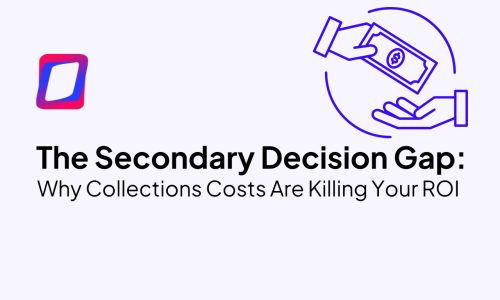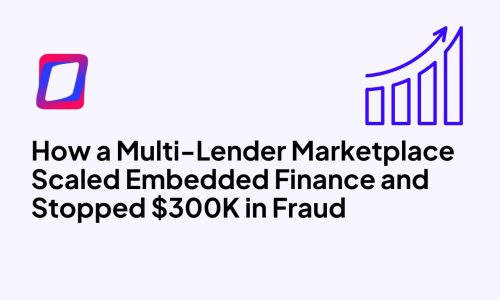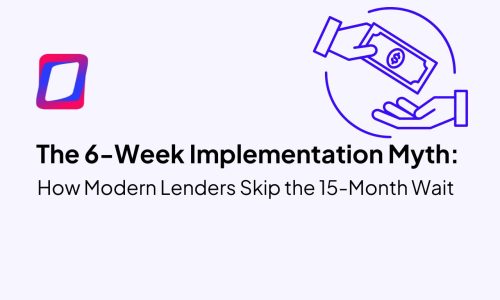Matthew Gomes of Argyle Discusses Transforming Financial Services with Payroll API Technology
In a special episode of the Lending Link Podcast, recorded at the Fintech Meetup in Las Vegas on March 3-6, 2024, host Rich Alterman sits down with Matthew Gomes, General Manager of Consumer Lending and Banking at Argyle. Together, they delve into the significant impact of payroll API technology on financial services, particularly in streamlining and improving income and employment verification for financial institutions.
The conversation highlights Argyle’s role in modernizing how financial institutions verify income and employment. By replacing outdated, labor-intensive verification methods with efficient, automated solutions, payroll API platforms empower consumers to directly share their financial data. This evolution leads to quicker, more accurate lending decisions.
Rich and Matthew also discuss the expansive potential of payroll APIs across various industries, from debt settlement to tenant screening, showcasing the technology’s versatility and broad relevance.
Listen to this episode to understand how innovation and efficiency are shaping the future of financial services through the lens of payroll API technology.
Watch The Episode Replay on YouTube
Or Listen on Spotify
[accordions id=”111971″]
About Argyle:
Since 2018, Argyle has brought together the brightest minds in the game to build the most trusted network of consumer-permissioned connections between payroll processors and financial institutions. Today, Argyle customers benefit from coverage that’s superior to the three largest credit bureaus plus hit rates 4 to 5x higher than all other providers, at a fraction of the cost. The implications for our customers are simply powerful: continuous, real-time access to reliable, direct-source data that works with their front- and back-office systems to streamline operations and modernize services. When it comes to income and employment data, nothing is more accurate, more cost-effective, or more efficient.
Argyle is working towards providing a seamless system of real-time connectivity, where every payroll provider, business, and consumer can exchange streams of income and employment data effortlessly, securely, and to everyone’s benefit.
About GDS Link:
GDS Link is a global leader in credit risk management, providing tailored software solutions, analytical and consulting services. Our customer-centric risk management and process automation platforms are designed for the modern lender in their pursuit to capitalize on the entire credit lifecycle.
By providing a personal, consultative approach and leveraging our own industry-leading knowledge and expertise, GDS Link’s solutions and services deliver exceptional value and proven results to thousands of clients around the world.
About The Lending Link Podcast:
The Lending Link Powered by GDS Link is a podcast hosted by Rich Alterman and designed for the modern-day lender. Each episode deeply delves into innovation within the financial services industry and transformation efforts, including AI / ML integration, Modeling, Risk Management Tactics, and redefining Customer Experiences.
GDS Link launched The Lending Link to explore unique strategies for the modern-day lender, dive into the innovative advancements GDS Link and our partners are currently developing and delivering, and gain insights from captivating guests within the FinTech, banking, and credit union worlds.
We have a wide range of guests from various lending institutions and diverse organizations who talk about strategies, technology, and everything in between.
Check Out Our LinkTree to listen to podcast episodes on your preferred platform.
Recent articles

The Secondary Decision Gap: Why Collections Costs Are Killing Your ROI
Read article
How a Multi-Lender Marketplace Scaled Embedded Finance and Stopped $300K in Fraud
Read article





